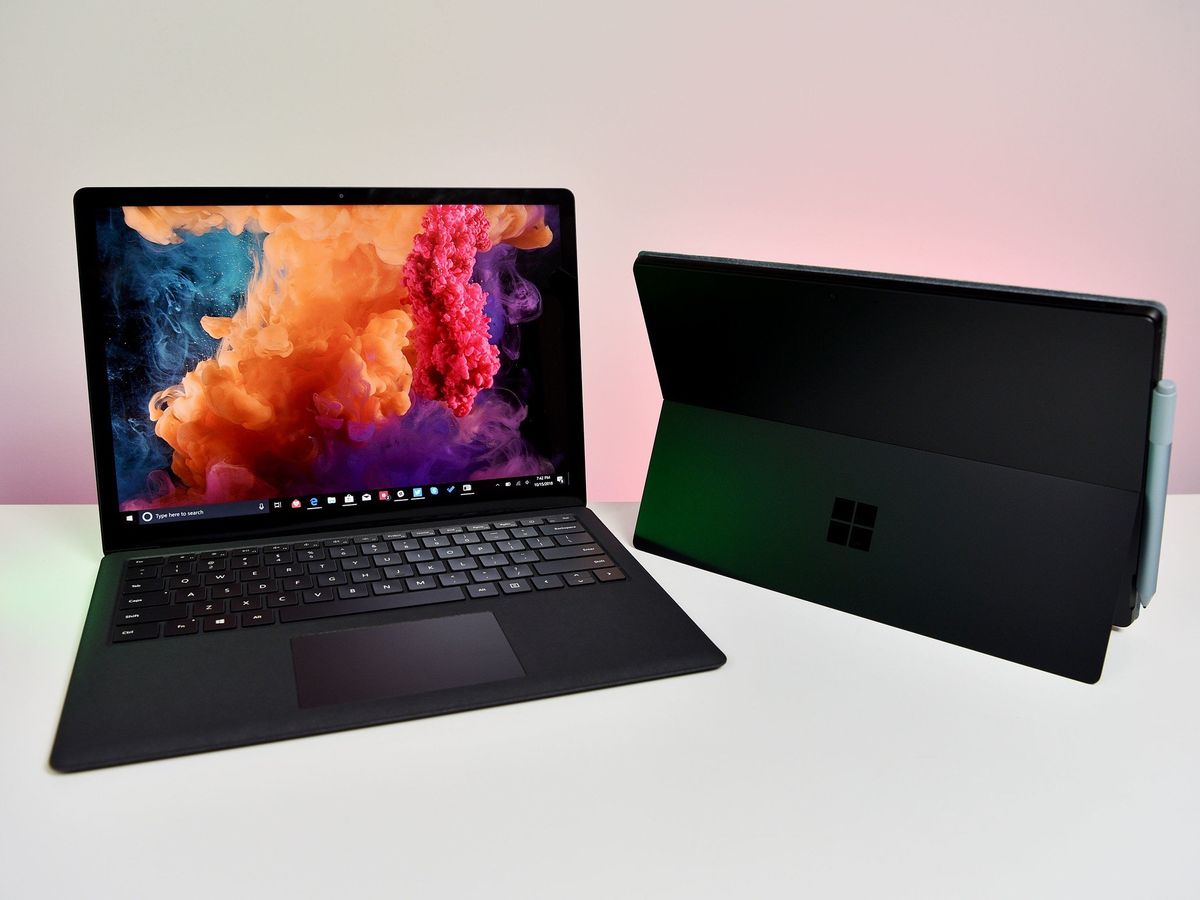Windows 10 SDK preview build 18980 now available for developers
Today's SDK preview release matches the latest Windows 10 preview build available for Insiders on the Fast ring.

What you need to know
- Windows 10 developers can now get their hands on a new SDK preview build.
- This release brings the build number up to 18980.
- Preview build 18980 brings the SDK preview up to the same build number as the latest Windows 10 Fast ring build.
Microsoft released another update to the Windows 10 SDK preview today. This release pushes the build number up to 18980, which matches the latest Windows 10 build available for Windows Insiders in the Fast ring. The updated SDK is available to download from the Windows Insider website now.
Here's a recap of all of the major changes in this release:
Tools updates
- Message Compiler (mc.exe)
- Now detects the Unicode byte order mark (BOM) in .mc files. If the If the .mc file starts with a UTF-8 BOM, it will be read as a UTF-8 file. Otherwise, if it starts with a UTF-16LE BOM, it will be read as a UTF-16LE file. If the -u parameter was specified, it will be read as a UTF-16LE file. Otherwise, it will be read using the current code page (CP_ACP).
- Now avoids one-definition-rule (ODR) problems in MC-generated C/C++ ETW helpers caused by conflicting configuration macros (e.g. when two .cpp files with conflicting definitions of MCGEN_EVENTWRITETRANSFER are linked into the same binary, the MC-generated ETW helpers will now respect the definition of MCGEN_EVENTWRITETRANSFER in each .cpp file instead of arbitrarily picking one or the other).
- Windows Trace Preprocessor (tracewpp.exe)
- Now supports Unicode input (.ini, .tpl, and source code) files. Input files starting with a UTF-8 or UTF-16 byte order mark (BOM) will be read as Unicode. Input files that do not start with a BOM will be read using the current code page (CP_ACP). For backwards-compatibility, if the -UnicodeIgnore command-line parameter is specified, files starting with a UTF-16 BOM will be treated as empty.
- Now supports Unicode output (.tmh) files. By default, output files will be encoded using the current code page (CP_ACP). Use command-line parameters -cp:UTF-8 or -cp:UTF-16 to generate Unicode output files.
- Behavior change: tracewpp now converts all input text to Unicode, performs processing in Unicode, and converts output text to the specified output encoding. Earlier versions of tracewpp avoided Unicode conversions and performed text processing assuming a single-byte character set. This may lead to behavior changes in cases where the input files do not conform to the current code page. In cases where this is a problem, consider converting the input files to UTF-8 (with BOM) and/or using the -cp:UTF-8 command-line parameter to avoid encoding ambiguity.
- TraceLoggingProvider.h
- Now avoids one-definition-rule (ODR) problems caused by conflicting configuration macros (e.g. when two .cpp files with conflicting definitions of TLG_EVENT_WRITE_TRANSFER are linked into the same binary, the TraceLoggingProvider.h helpers will now respect the definition of TLG_EVENT_WRITE_TRANSFER in each .cpp file instead of arbitrarily picking one or the other).
- In C++ code, the TraceLoggingWrite macro has been updated to enable better code sharing between similar events using variadic templates.
- Signing your apps with Device Guard Signing
- We are making it easier for you to sign your app. Device Guard signing is a Device Guard feature that is available in Microsoft Store for Business and Education. Signing allows enterprises to guarantee every app comes from a trusted source. Our goal is to make signing your MSIX package easier. Documentation on Device Guard Signing can be found here: https://docs.microsoft.com/en-us/windows/msix/package/signing-package-device-guard-signing
Breaking changes
- Removal of api-ms-win-net-isolation-l1-1-0.lib: In this release api-ms-win-net-isolation-l1-1-0.lib has been removed from the Windows SDK. Apps that were linking against api-ms-win-net-isolation-l1-1-0.lib can switch to OneCoreUAP.lib as a replacement.
- Removal of IRPROPS.LIB: In this release irprops.lib has been removed from the Windows SDK. Apps that were linking against irprops.lib can switch to bthprops.lib as a drop-in replacement.
The updates and changes listed above come in addition to a variety of API updates and removals, all of which you can find in Microsoft's detailed release notes. As is typical for SDK preview releases, you can install build 18980 alongside previous SDKs with Visual Studio 2017 and 2019.
Get the Windows Central Newsletter
All the latest news, reviews, and guides for Windows and Xbox diehards.
Dan Thorp-Lancaster is the former Editor-in-Chief of Windows Central. He began working with Windows Central, Android Central, and iMore as a news writer in 2014 and is obsessed with tech of all sorts. You can follow Dan on Twitter @DthorpL and Instagram @heyitsdtl.
